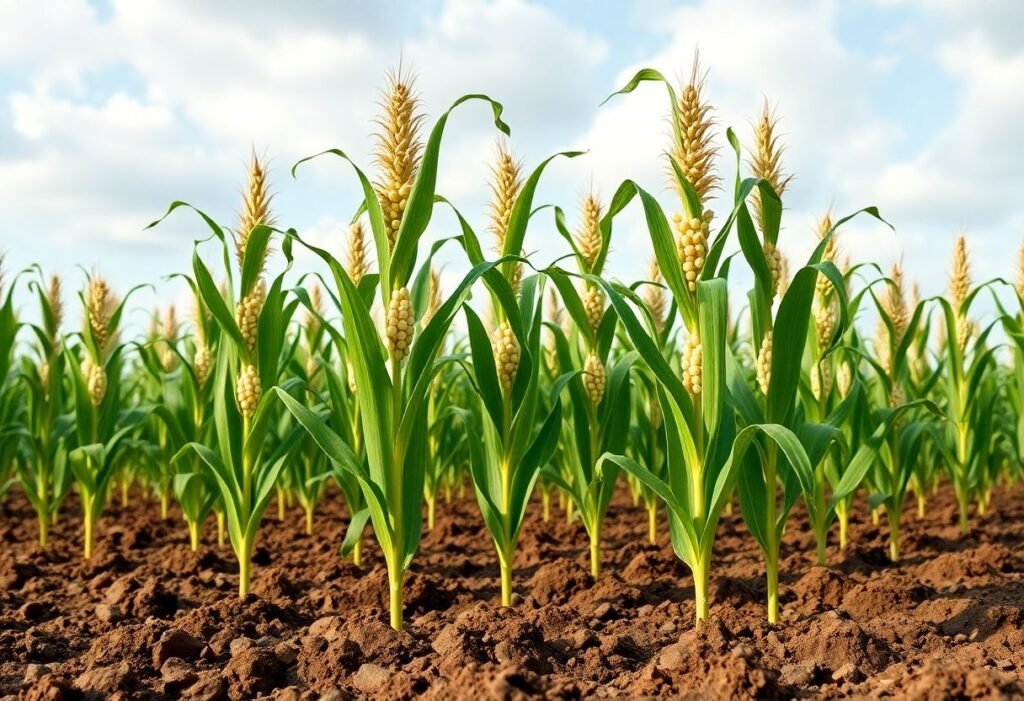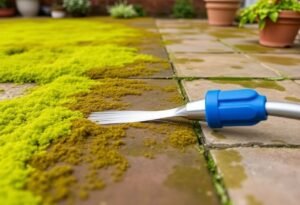Why Fertilization is Key for Corn
Fertilizer plays an essential role in corn cultivation by providing necessary nutrients that support healthy growth. Fertilizing corn plants is crucial for achieving optimal yields and ensuring robust plants that can withstand diseases and pests. Proper fertilization not only impacts crop yield but also the quality of grains, which is vital for many farmers in the U.S.
Types of Fertilizers for Corn
Several types of fertilizers can be applied to corn. The most commonly used are:
– Mineral fertilizers – these contain macronutrients like nitrogen, phosphorus, and potassium, essential during early growth stages.
– Organic fertilizers – compost or manure can provide not only nutrients but also improve soil structure.
– Liquid fertilizers – these fertilizers are quickly absorbable and excellent for foliar feeding.
Choosing the right fertilizer is pivotal for success in corn farming.
How to Apply Fertilizers to Corn
When fertilizing corn plants, it is important to consider appropriate dosing and timing of application. Fertilization of corn should take place before planting and during the growth stages. Optimal dosing depends on fertilizer type and soil conditions. Conducting soil tests is the best way to understand which nutrients are already present and which need to be added.
Best Timing for Fertilization
Fertilizing corn should occur at critical growth stages. The optimal times are:
– Before planting – ensuring nutrient accessibility in the soil before corn starts to grow.
– At the beginning of the growth – to support vigorous growth, adding fertilizers when young plants are developing is recommended.
– During ear formation – at this stage, corn plants require nitrogen extensively, making continued fertilization crucial.
Factors Affecting Fertilization Effectiveness
Many factors can influence the effectiveness of fertilization in corn. Soil quality, pH levels, and moisture content are elements worth monitoring. Properly moist soil enhances fertilizer absorption, whereas too low or too high pH can limit nutrient availability.
Impact on Yields and Quality
Proper fertilization of corn has a direct impact on yield and grain quality. Well-fertilized plants are less susceptible to diseases and yield better crops. Keep an eye on your plants, as their appearance can reveal a lot about their fertilization needs.
Conclusion
In conclusion, fertilizing corn plants is vital for ensuring healthy growth and excellent yields. By using appropriate fertilizers at the right times, you can significantly boost your harvest. Remember to analyze your soil and adjust your fertilization to meet your plants’ needs. Well-planned fertilization is the key to success!
Disclaimer
The information contained in this article is for informational purposes only and does not substitute for professional gardening advice.

















